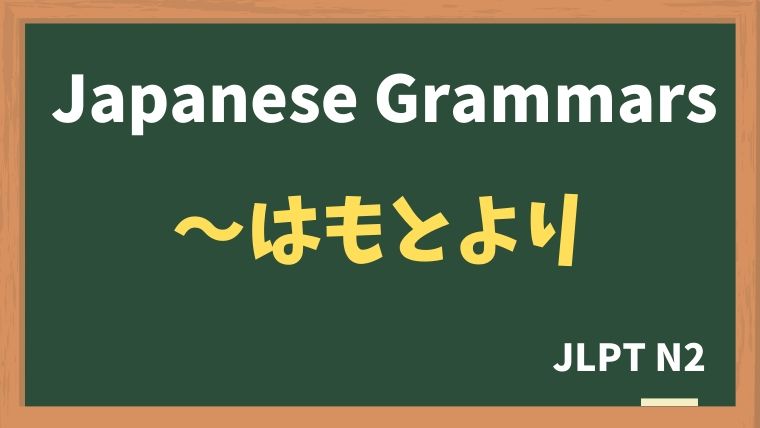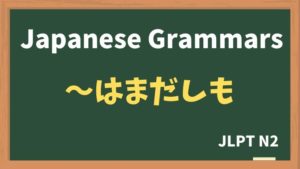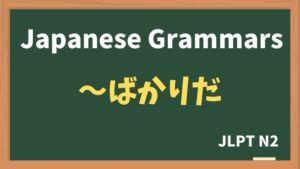
Explanation:〜はもとより
fa-check-circleMeaning
"〜はもちろん / 〜は当然として / 〜だけでなく・・・も"
"not only... but also... / of course... and also..."
Used to indicate that something is not only true for one thing but also for others. This phrase emphasizes that the first item is obvious or given, and the second item (and potentially more) is included as well.
fa-check-circleForm
N + はもとより
fa-check-circlePoints
- Emphasizes Obviousness: The phrase is used to stress that something is so obvious or well-known that it goes without saying, and it applies to others as well.
- Listing: It often appears when listing multiple things, with the first item being the most obvious or natural.
- Formal Expression: This is a formal expression, often used in written or polite speech.
fa-check-circleJLPT Level
N2
Sample sentenes
うちは貧乏なので、エアコンはもとより、扇風機もありません。
We're poor, so we don't have air conditioning, let alone a fan.
仕事が忙しすぎて、友達と飲みに行く時間はもとより、ゆっくり寝る時間もありません。
I'm so busy with work that I don't even have time to sleep properly, let alone go out for drinks with friends.
僕の彼女は顔はもとより、性格も完璧だ。
My girlfriend is perfect, not only in looks but also in personality.
インターネットさえあれば、都会はもとより、田舎でも仕事ができる。
With just an internet connection, you can work from anywhere, even in the countryside, let alone in the city.
トムさんは勉強はもとより、スポーツもできる。
Tom is not only good at studying but also excels in sports.
Vocabulary
| Japanese |
English | |
| 貧乏 | びんぼう | poor |
| 扇風機 | せんぷうき | electric fan |
| 性格 | せいかく | personality |
| 完璧 | かんぺき | perfect |
| 田舎 | いなか | countryside |






